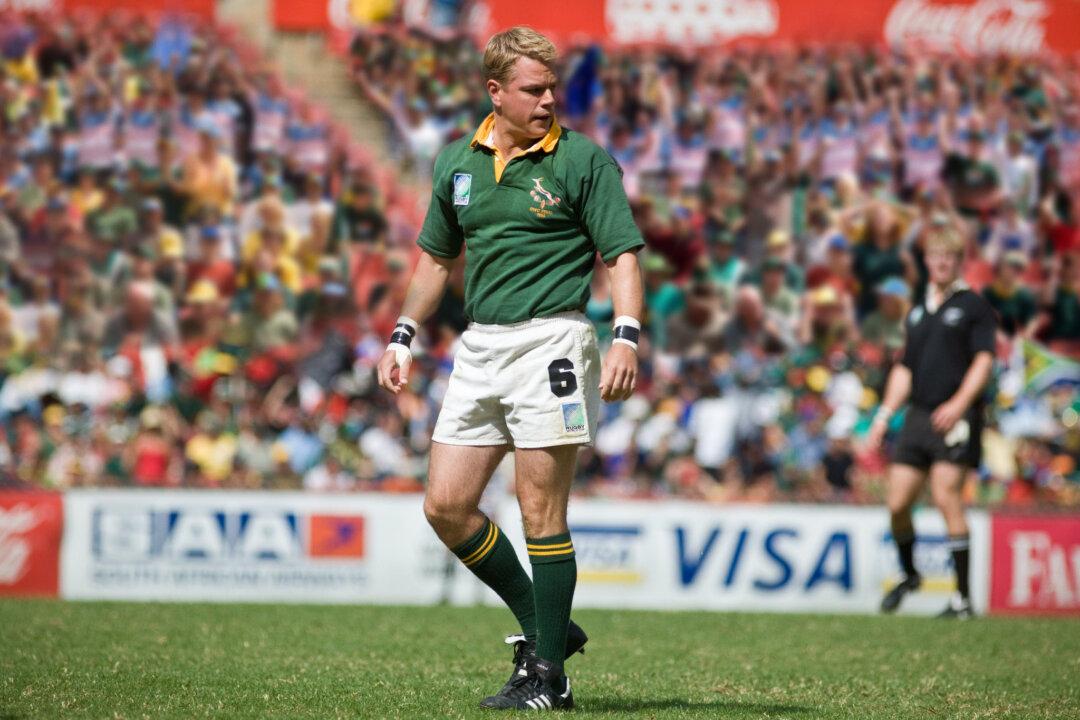Homer’s Achilles. Virgil’s Aeneas. The poems the heroes Beowulf and El Cid by anonymous composers. Edmund Spenser’s Red Cross Knight. Despite being separated by time and culture, for nearly three millennia bards known and unknown have created heroes who were courageous, stoic in the face of pain, forthright in their dealings with others, respectful toward women, and protective of the poor and the helpless.
For their audiences, these epics and other poems and songs established a code of conduct and standards of behavior that separated real men from those who were all wax and no wick. For the young, these stories in verse, regardless of length, were frequently primers of manhood.






